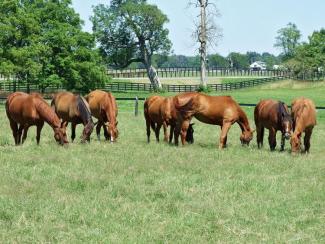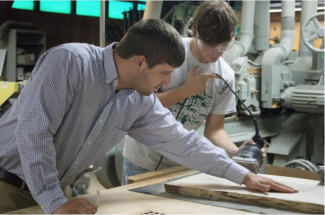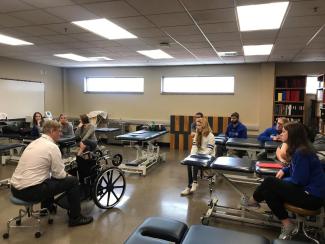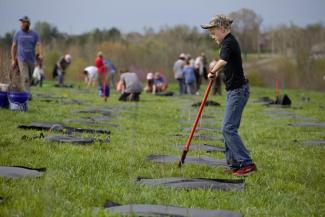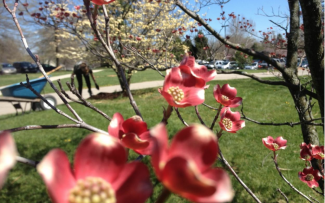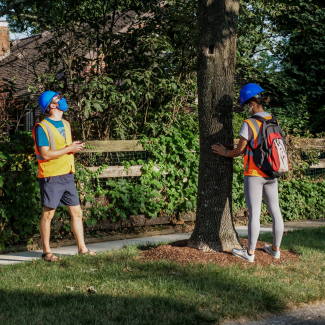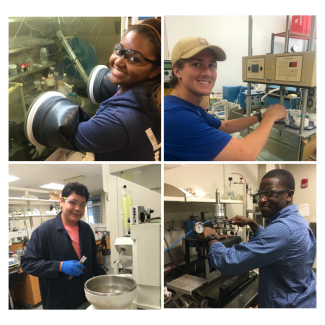An average sized horse can produce as much as 9,400 kg or 20,000 lbs. of feces and stall bedding waste (manure) per year. While many farms opt to land-apply manure, smaller horse farms housing less than 6 horses typically have fewer acres, and continuous, environmentally responsible land-application of manure is not an option. While manure removal services are available, these services can be expensive for small horse farm owners. One alternative option is manure composting. When done correctly, composting reduces the total manure mass and volume, neutralizes weed seeds, pathogens, and parasites associated with raw manure, and reduces nutrient leaching from the final product – protecting our natural water sources. However, successful manure composting can be daunting when balancing carbon and nitrogen, monitoring temperature and moisture levels, and maintaining aeration. The objective of our project is to construct a cost efficient, aerated, manure composting facility that can be replicated or adapted by small horse farm owners. We will conduct research to compile a composting guideline that will serve as a useful, accompanying tool. The location of the composting facility on the Department of Animal and Food Sciences’ Maine Chance Horse Unit (North Farm) will enable faculty to use the facility as a hands-on learning experience for undergraduate classes related to horse facility design and management. Year-round use of the facility for research and general farm use will provide a constant supply of compost to local community gardens. UK’s Maine Chance horses will thereby contribute to a more sustainable community.
Team Members: Mieke Holder: Animal and Food Sciences, Robert Coleman: Animal and Food Sciences, Morgan Hayes: Biosystems and Agricultural Engineering, Laurie Lawrence: Animal and Food Sciences, Ashley Fowler: Animal and Food Sciences, Jamie Dockery: Horticulture & Fayette County Cooperative Extension
